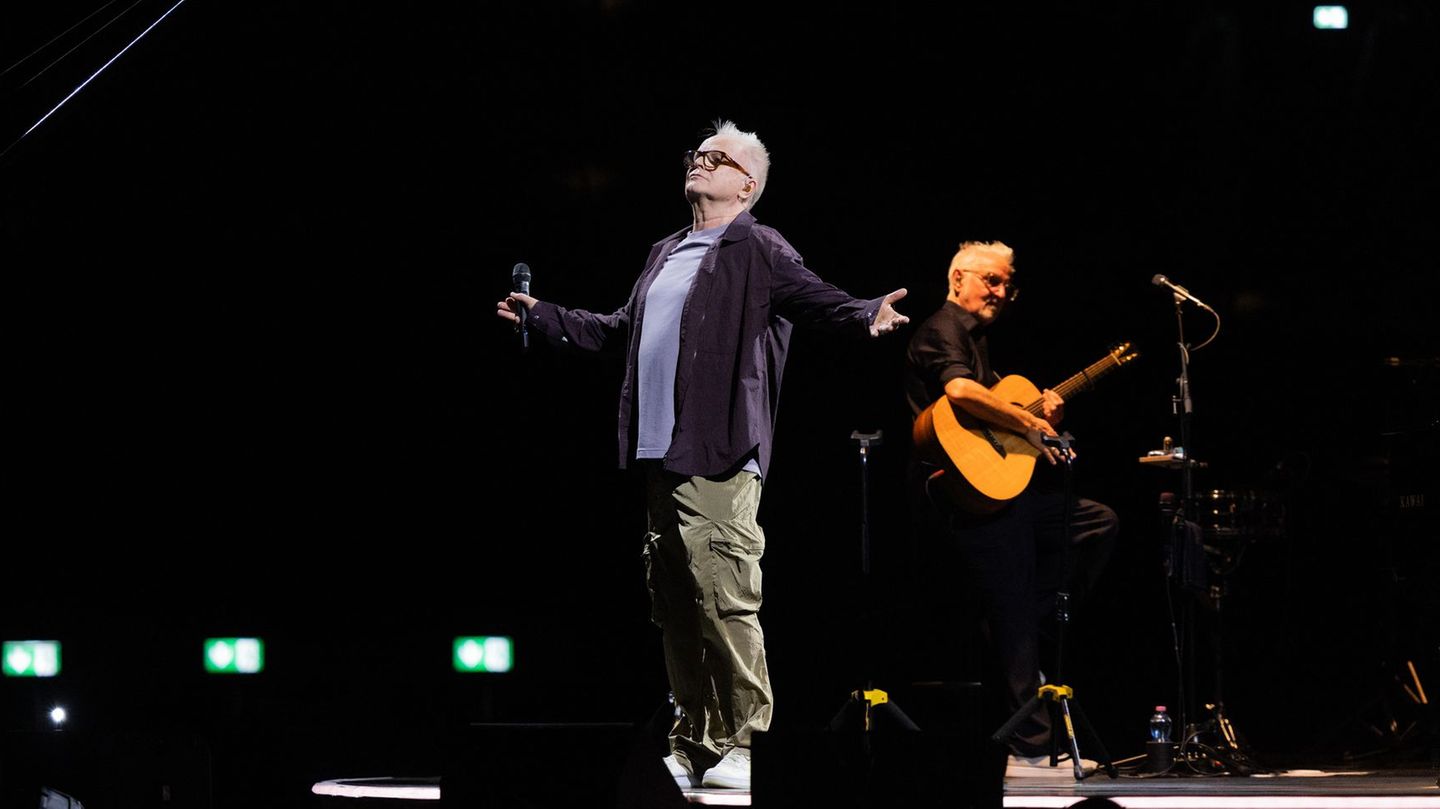WhatsApp was exposed to a lot of criticism after the announcement of new data protection rules – and calls to leave the chat service. But a survey shows that many users remain loyal to the Facebook app.
The month-long controversy surrounding the new data protection rules on WhatsApp has so far only had minor consequences for Facebook’s chat service in Germany. In a survey commissioned by the German Press Agency, 79 percent stated that they have the app on their smartphone and use it. A good half of WhatsApp users (52 percent) have already agreed to the new provisions that came into force in mid-May.
At the same time, 13 percent said that they intended to delete the app. Around half of them had already had data protection concerns beforehand, five percent of those surveyed by Yougov Germany only had doubts after the debate about the new provisions – and two percent want to leave because many of their contacts have also removed WhatsApp.
Whether there will actually be a permanent goodbye to WhatsApp is still another question. In the past twelve months, only three percent of those surveyed deleted the app from their smartphones. And a total of eight percent said that they had removed WhatsApp before – but then returned because too many of their contacts could be reached via the service.
At the same time, almost half of WhatsApp users have a bad feeling about data protection. Every third person has concerns – but stays because the contacts can be reached there. Another 14 percent also have doubts, but do not know of a good alternative. 28 percent have no data protection concerns.
WhatsApp has more than two billion users. In the past few months, however, the service had to contend with clear criticism after the announcement of new usage rules. The trigger was the assessment that more data could be shared with the parent company Facebook with the update. WhatsApp rejects this as a misunderstanding and explains that the changes should above all create a basis for communication between companies and their customers. At the same time, the service dropped plans to severely restrict the range of functions for users who do not agree to the rules over time.
Communication between companies and their customers is the current plan for how Facebook ultimately wants to make money with WhatsApp. The world’s largest online network took over WhatsApp in 2014 for around 22 billion dollars in the end. With the purchase, Facebook took a potential rival from the market, but the service has so far hardly contributed to net income.
According to the survey, the most popular WhatsApp alternative among the few potential emigrants is Signal with 27 percent. WhatsApp also uses the technology of this app for so-called end-to-end encryption. With complete encryption, the content of the communication is basically only visible to the participants in plain text, but not to the platform operator. Signal is now financially supported by WhatsApp co-founder Brian Acton, who left the Facebook group.
Almost on a par with Signal, Telegram was in the favor of possible WhatsApp migrants. 26 percent want to opt for the app operated by the founder of the Russian Facebook clone VKontakte, Pawel Durow. The Threema service came to 16 percent, 13 percent want to switch to Facebook’s in-house Alternative Messenger. 15 percent want to use classic SMS instead of end-to-end encrypted chat services.
Even with 28 percent of those who have already left WhatsApp, Signal leads as an alternative. Around one in five of them use Threema and Telegram, and 15 percent use Facebook Messenger.
In the representative online survey, Yougov Germany interviewed people in mid-June 2029.
David William is a talented author who has made a name for himself in the world of writing. He is a professional author who writes on a wide range of topics, from general interest to opinion news. David is currently working as a writer at 24 hours worlds where he brings his unique perspective and in-depth research to his articles, making them both informative and engaging.



